Your Prostate Health: A Delicate but Important Issue
Did you know that in the Philippines, cancer kills a staggering 300,000 people each year? Cancer doesn’t discriminate, and can affect anyone at any time, but unfortunately, many cancers are caused by negative lifestyle choices such as an unhealthy diet, smoking, lack of exercise, and the over use of alcohol. Some cancers, however, are linked to family history and have a genetic tie, meaning that if a member of your family has had a particular type of cancer, then your predisposition to developing that cancer is higher.
Cancer is the 3rd biggest killer of Filipinos, making it a health priority for the health system, communities, individuals and families. One of the most lethal cancers that only affects men is prostate cancer. It is one of the top 6 types of cancer found in men in the Philippines. June marks Prostate Cancer Awareness Month, a time to shine a light on this particular type of cancer, and to raise awareness of the symptoms and treatments available.

There are a number of symptoms that could indicate prostate cancer in men, including:
- Difficulty urinating
- A noticeable increase in urination
- Pain or a burning sensation when passing urine
- Blood in the urine of semen
- Pain in the back, hips or pelvis area
So is there a link between your genetics and prostate cancer? Interestingly, there seems to be familial link between prostate cancers sufferers, which indicates that it may be inherited. It is important to note that most cases of prostate cancer manifest without any family history, but those with a family history of the disease have an increased risk of developing it. This indicates that there is an inherited gene mutation which causes the cancer in the male members of some families.
Although a detection test isn’t available, men can discover if they have a predisposition to developing prostate cancer.
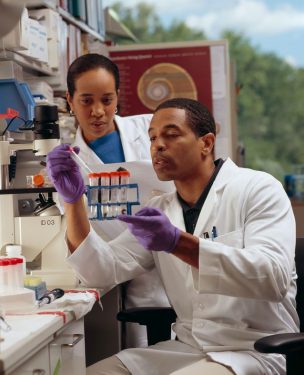
Easy DNA Philippines offers the Genetic Predisposition Health Test. This test analyses your unique DNA, and provides vital information about your susceptibility to developing prostate cancer. Additionally, the test provides results that will reveal your genetic predisposition to developing 33 other diseases and conditions, enabling you to take control of your health future, and make any changes that will improve your health and potentially extend your life. Your results will comprise of a personalised report, which ranks prostate cancer (and all other diseases and conditions on the list) according to your lifetime risk of developing that disease. You will either be ‘high’, ‘medium’ or ‘low’ risk, so it is easy to remain cognisant of your assessed risk.
The test is a painless and easy to use home DNA kit, which you can do form the comfort of your own lounge room. After ordering, you will receive everything you need to take the test yourself, including oral swabs, sterile envelopes and full instructions, as well as return details. You will receive your personalised report in a timely manner, providing peace of mind.
In addition to the Genetic Predisposition Health Test, men can take control of their health on many levels, to try and minimise the risk of developing prostate cancer.



Cutting down on red meat and dairy products, increasing your intake of fresh vegetables and fish, quitting smoking and increasing your daily exercise will all contribute to a healthier disposition all round, in addition to reducing your potential of developing prostate cancer.
It’s time for men to take control of their health, and become aware of the simple things they can do everyday to help prevent deadly diseases.






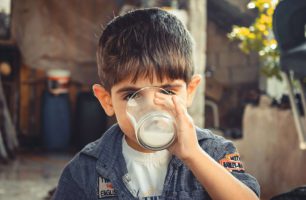


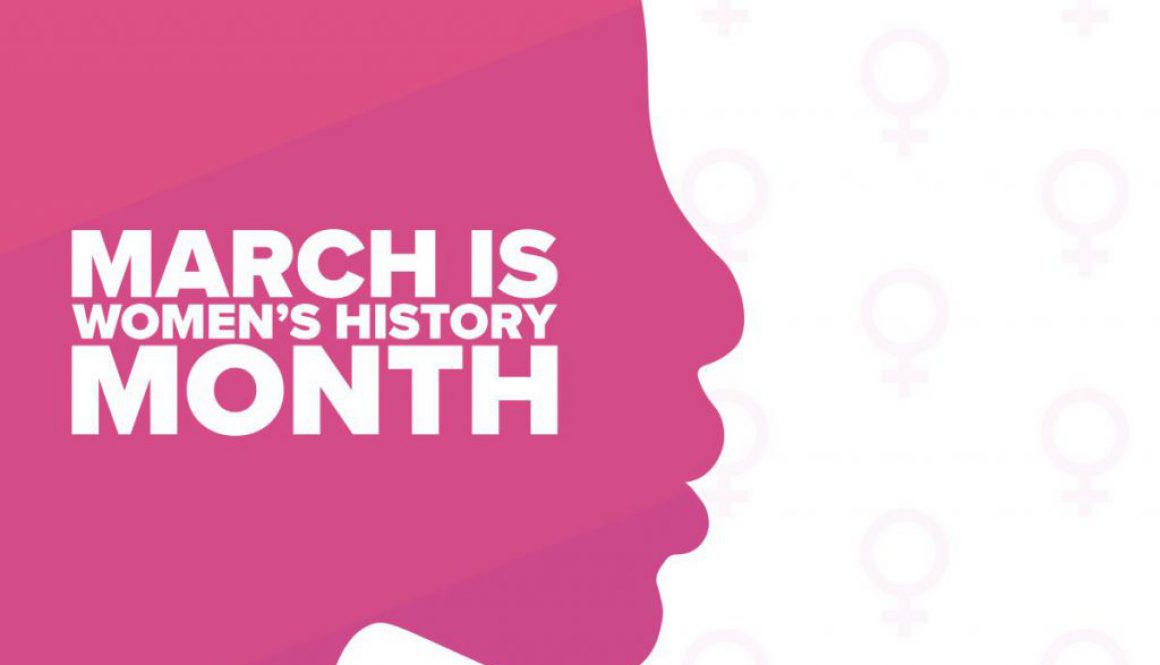
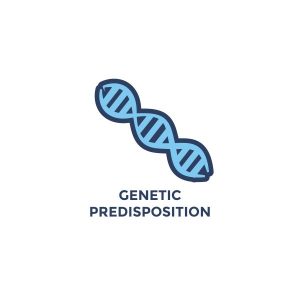 The last 12 months have been like nothing we’ve ever experienced, with the COVID-19 pandemic posing many challenges and opportunities for women all over the Philippines. This year, National Women’s Month has a strong focus on how women have thrived during these unknown times. Understandably, many of the events surrounding National Women’s Month are being held online this year, with a number of forums and interactive seminars to be held via the
The last 12 months have been like nothing we’ve ever experienced, with the COVID-19 pandemic posing many challenges and opportunities for women all over the Philippines. This year, National Women’s Month has a strong focus on how women have thrived during these unknown times. Understandably, many of the events surrounding National Women’s Month are being held online this year, with a number of forums and interactive seminars to be held via the 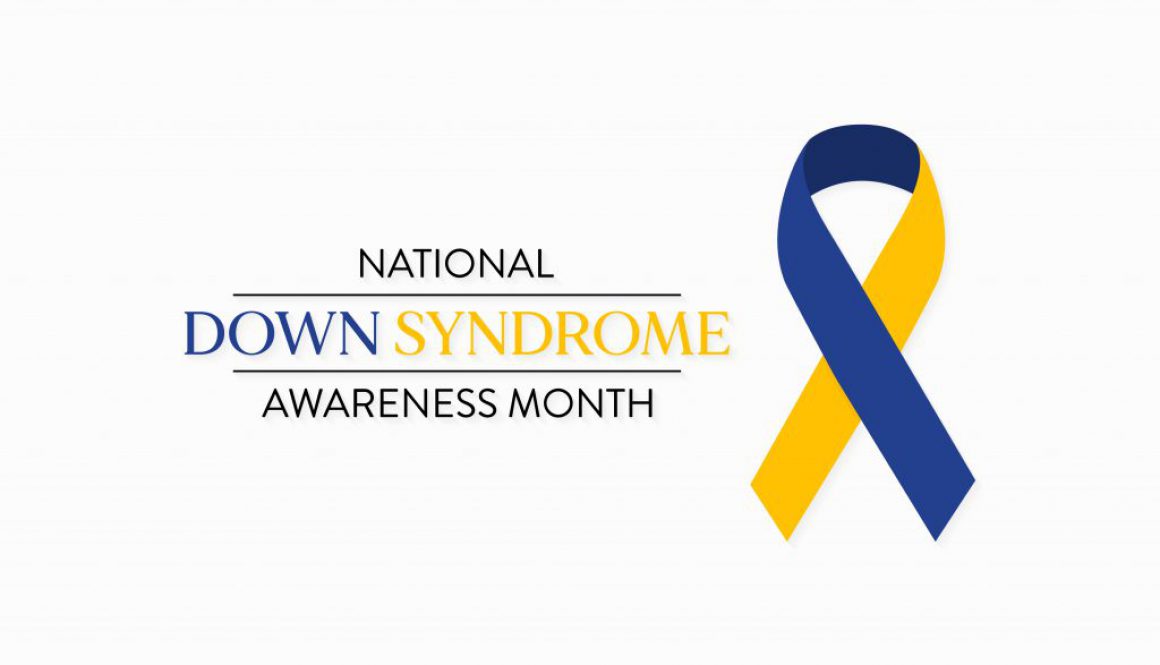
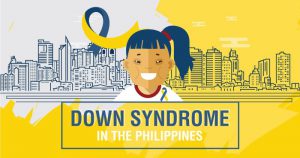 Down Syndrome is the most common of the 6000 genetic disorders found worldwide, and it is probably the most recognized. Named after Dr. John Langdon Down, the first physician to identify the condition in 1862, Down Syndrome occurs when an extra chromosome 21 is present in the DNA structure and can occur in people from all races, cultures, and social backgrounds.
Down Syndrome is the most common of the 6000 genetic disorders found worldwide, and it is probably the most recognized. Named after Dr. John Langdon Down, the first physician to identify the condition in 1862, Down Syndrome occurs when an extra chromosome 21 is present in the DNA structure and can occur in people from all races, cultures, and social backgrounds.
 Given the current health climate around the world, it’s only natural to feel increasingly worried about your susceptibility to various illnesses and conditions. From this, many Filipinos want to educate themselves about what diseases they may be genetically more predisposed to, and what measures they can take to help prevent these sometimes deadly diseases.
Given the current health climate around the world, it’s only natural to feel increasingly worried about your susceptibility to various illnesses and conditions. From this, many Filipinos want to educate themselves about what diseases they may be genetically more predisposed to, and what measures they can take to help prevent these sometimes deadly diseases. Knowing your level of genetic predisposition toward developing any of the above conditions can help both you live a longer, healthier life. If you have a family history of a particular disease, the Genetic Predisposition DNA Health test will tell you if you have inherited the same tendencies, and enable you to take the necessary steps to prevent its onset.
Knowing your level of genetic predisposition toward developing any of the above conditions can help both you live a longer, healthier life. If you have a family history of a particular disease, the Genetic Predisposition DNA Health test will tell you if you have inherited the same tendencies, and enable you to take the necessary steps to prevent its onset.

 In November the Philippines is celebrating National Children’s Month, and this year, the theme is ‘Together promoting the rights of every child during the pandemic period!’
In November the Philippines is celebrating National Children’s Month, and this year, the theme is ‘Together promoting the rights of every child during the pandemic period!’ The NOVA test screens for disorders that are in a prevalence rate of occurring in 1 in every 400 births. Doing a test at the newborn stage can mean an early diagnosis, early intervention, and prompt treatment, all of which are vital in helping you provide the best life possible for your child. The test consists of a simple blood test, which is performed by a pathologist. After analysis in our state of the art laboratories, your results will be returned to you in a timely manner.
The NOVA test screens for disorders that are in a prevalence rate of occurring in 1 in every 400 births. Doing a test at the newborn stage can mean an early diagnosis, early intervention, and prompt treatment, all of which are vital in helping you provide the best life possible for your child. The test consists of a simple blood test, which is performed by a pathologist. After analysis in our state of the art laboratories, your results will be returned to you in a timely manner.
 So what exactly is breast cancer, and how can we detect and help to prevent it? Breast cancer occurs when the cells within the breast begin to grow abnormally, and have the potential to spread to other parts of the body, generally via the lymph nodes.
So what exactly is breast cancer, and how can we detect and help to prevent it? Breast cancer occurs when the cells within the breast begin to grow abnormally, and have the potential to spread to other parts of the body, generally via the lymph nodes. 
 Alzheimer’s disease is a form of dementia that affects memory, thinking, and behavior. Between 50 and 60% of all dementia cases can be attributed to Alzheimer’s. It is predicted more than 1.5 million people in the Philippines will have been diagnosed with Alzheimer’s disease within the next 30 years, and worldwide, an estimated 46 million people live with dementia. The exact cause of Alzheimer’s disease is unknown, however, scientists believe that it is triggered as a result of a combination of genetic, lifestyle and environmental factors. The risk of developing Alzheimer’s increases with age, but there are other factors that can contribute to the onset of this disease.
Alzheimer’s disease is a form of dementia that affects memory, thinking, and behavior. Between 50 and 60% of all dementia cases can be attributed to Alzheimer’s. It is predicted more than 1.5 million people in the Philippines will have been diagnosed with Alzheimer’s disease within the next 30 years, and worldwide, an estimated 46 million people live with dementia. The exact cause of Alzheimer’s disease is unknown, however, scientists believe that it is triggered as a result of a combination of genetic, lifestyle and environmental factors. The risk of developing Alzheimer’s increases with age, but there are other factors that can contribute to the onset of this disease. In the Philippines, Alzheimer’s disease Awareness Week is in the 3rd week in September and aims to highlight the issues that need to be addressed in regards to this disease.
In the Philippines, Alzheimer’s disease Awareness Week is in the 3rd week in September and aims to highlight the issues that need to be addressed in regards to this disease.